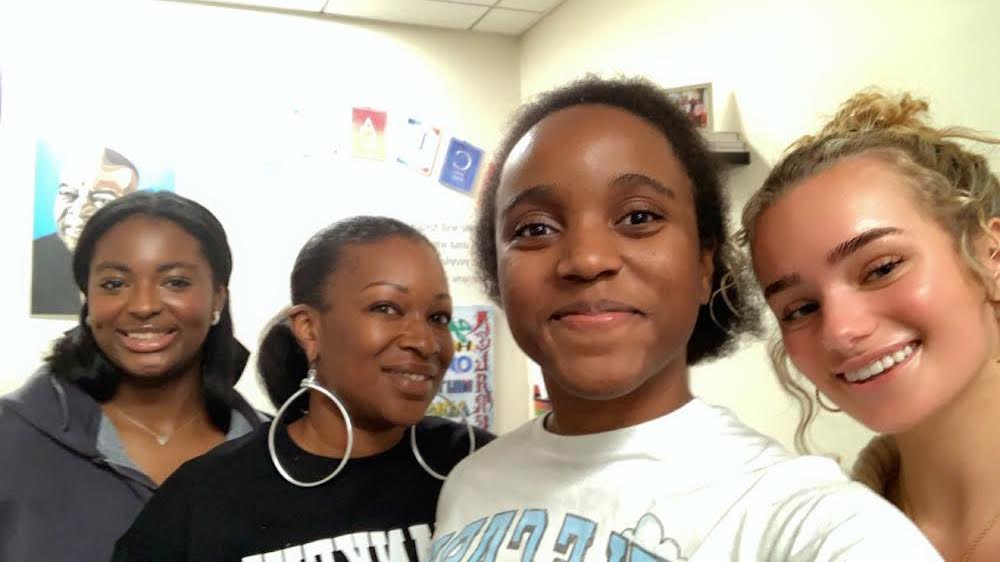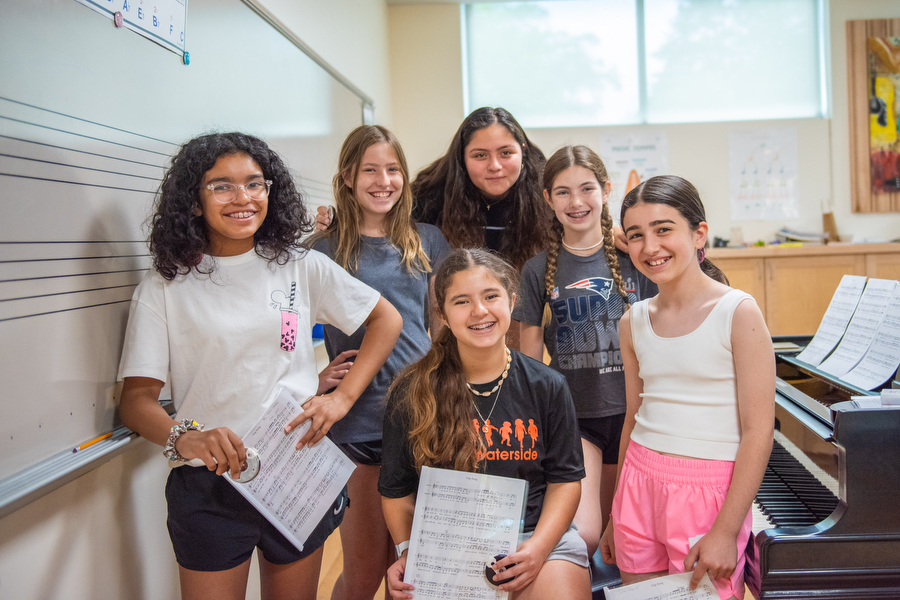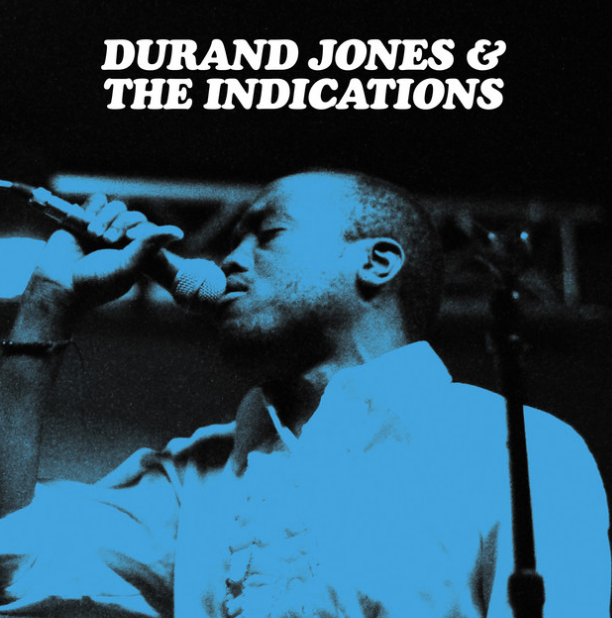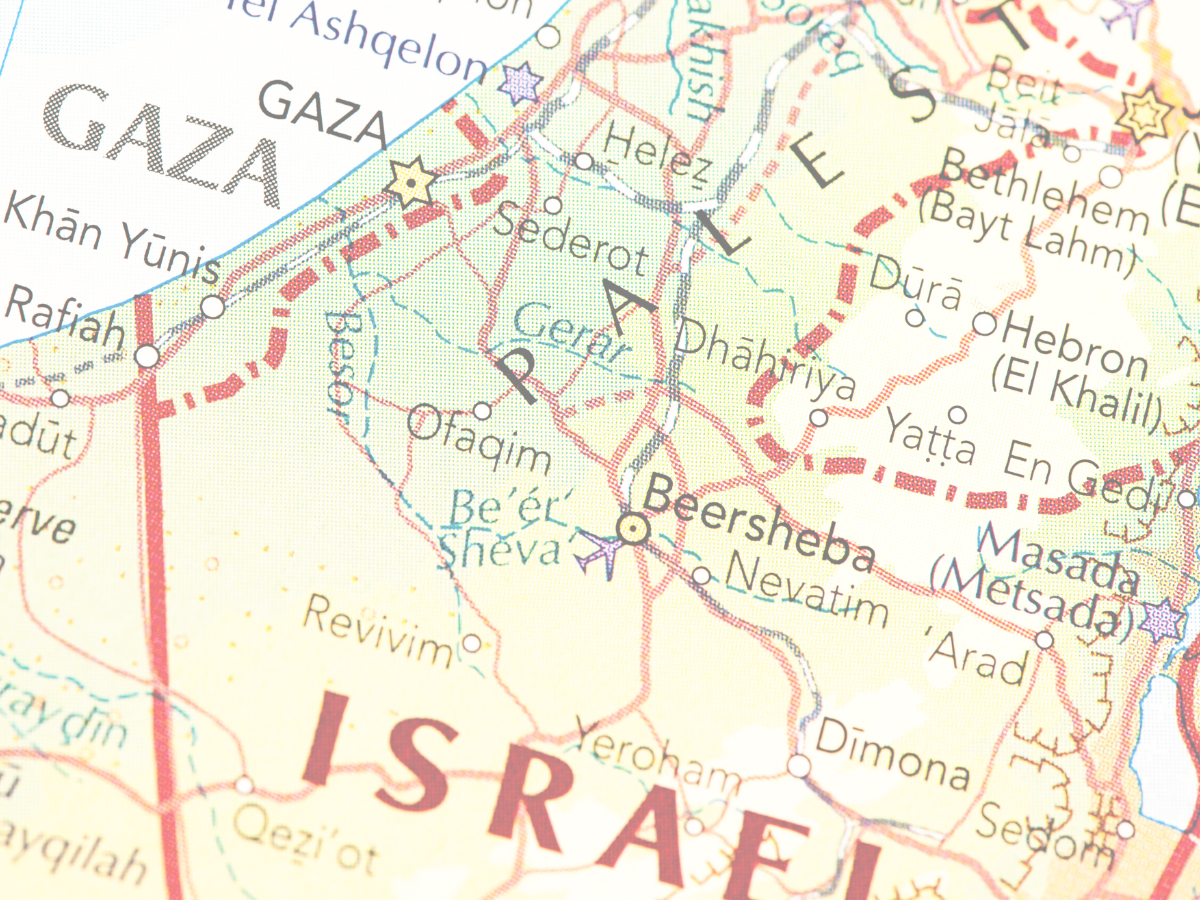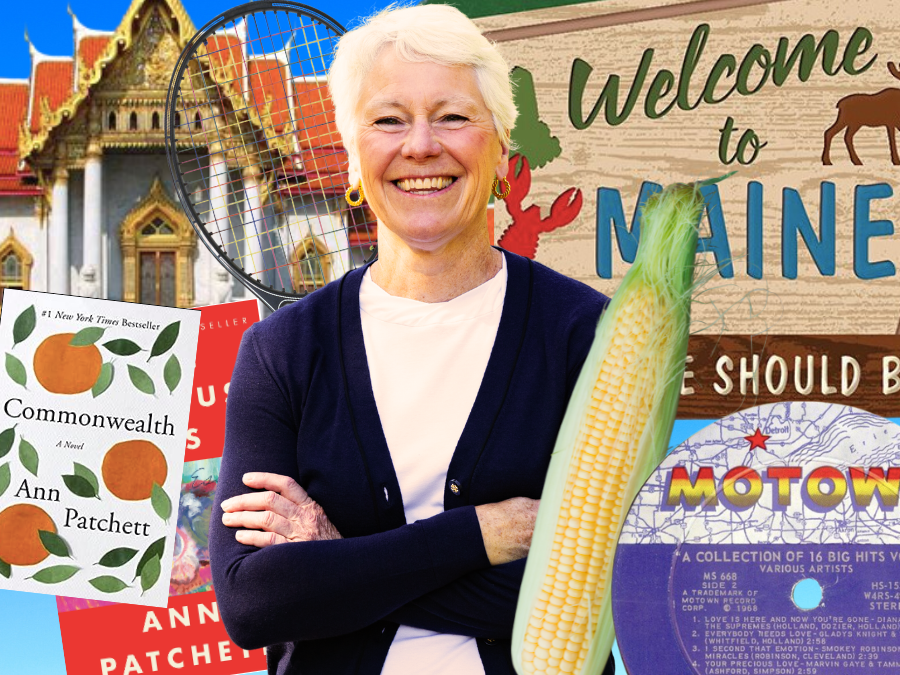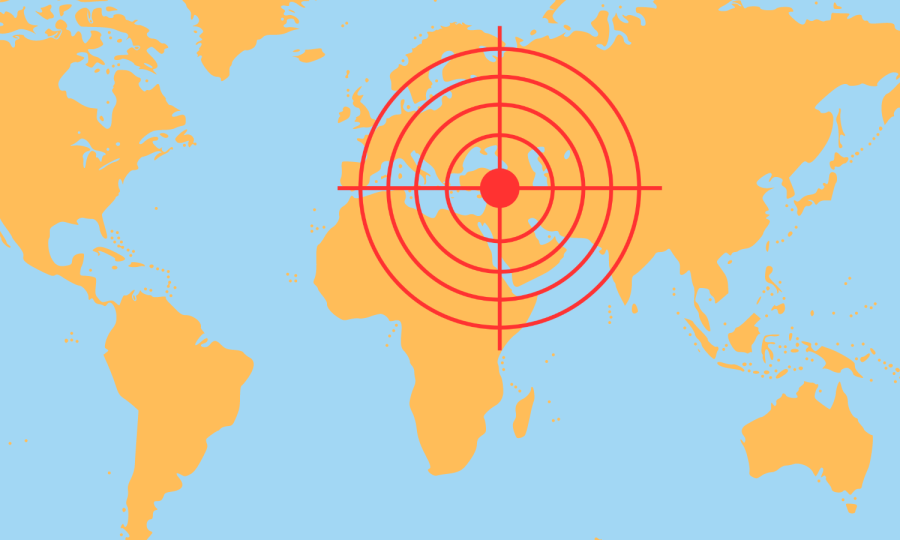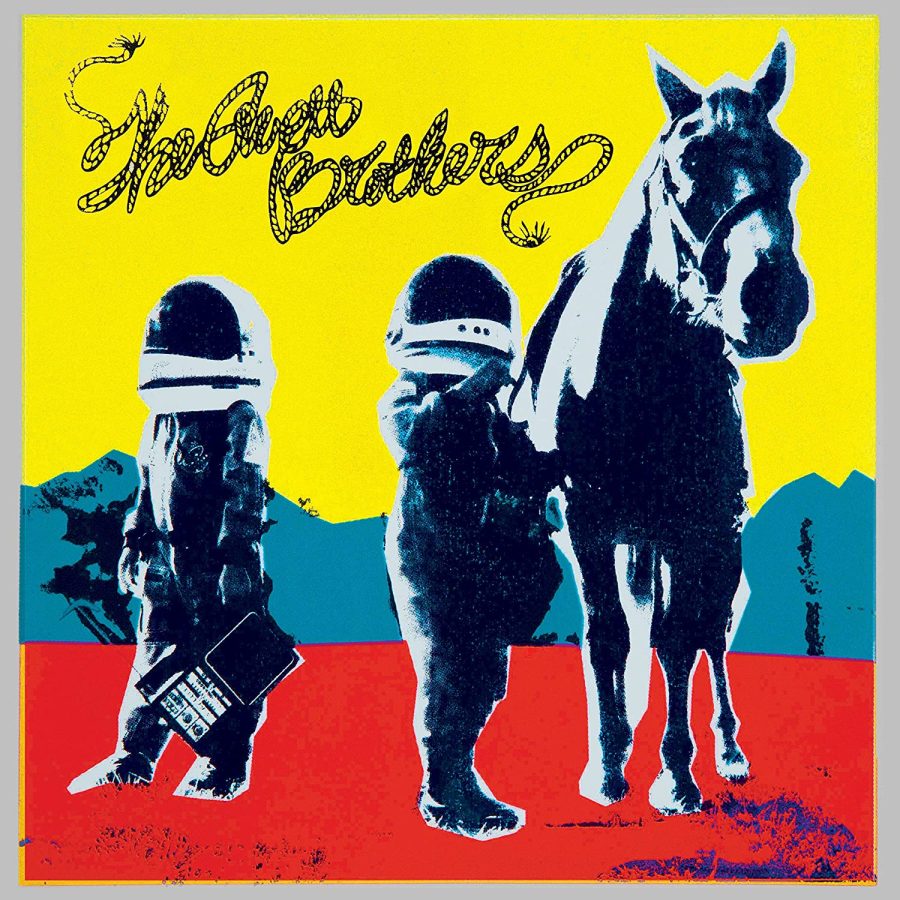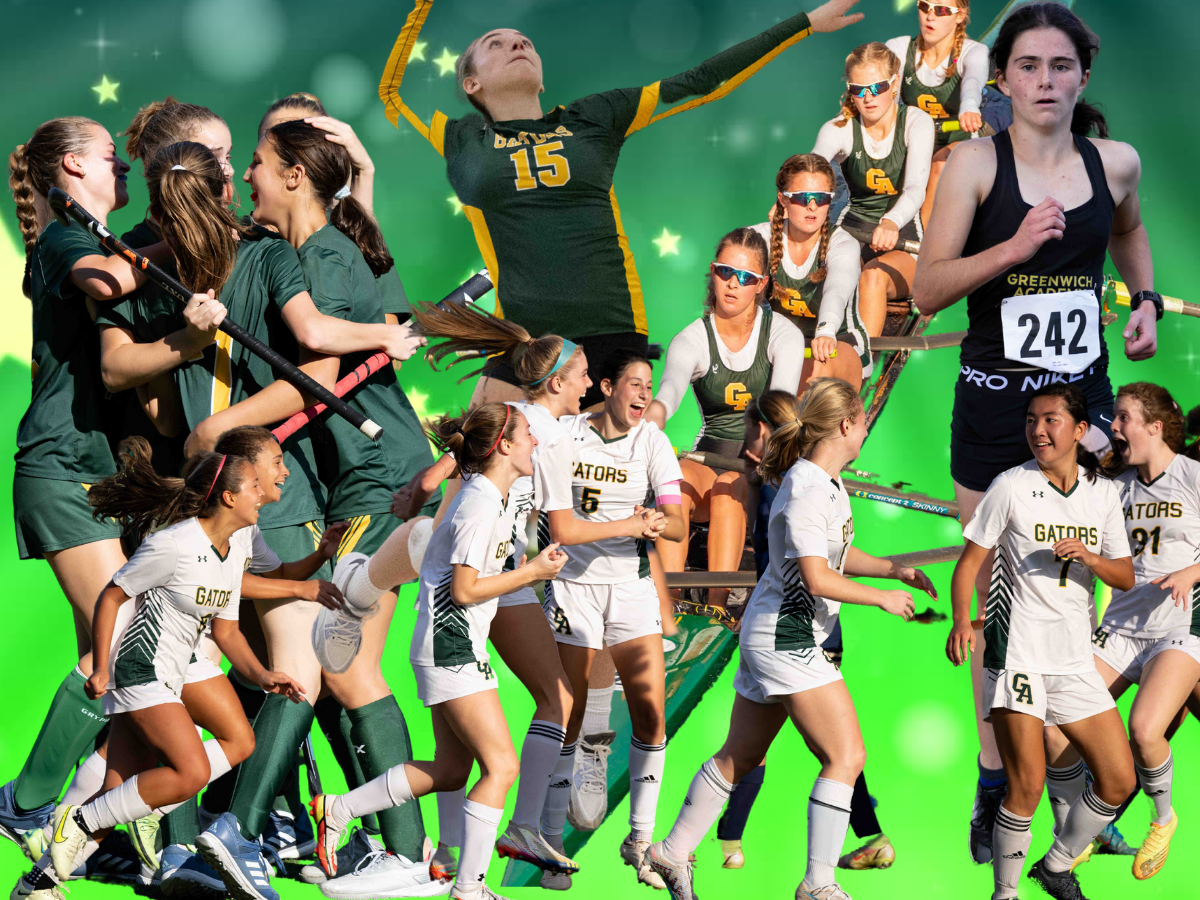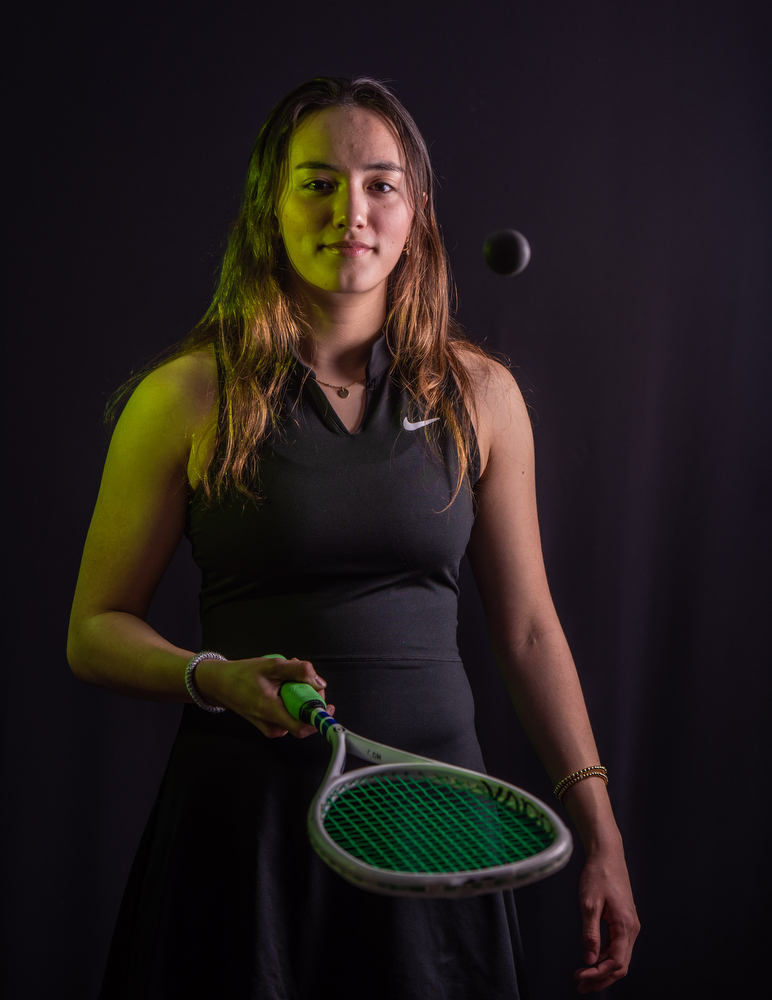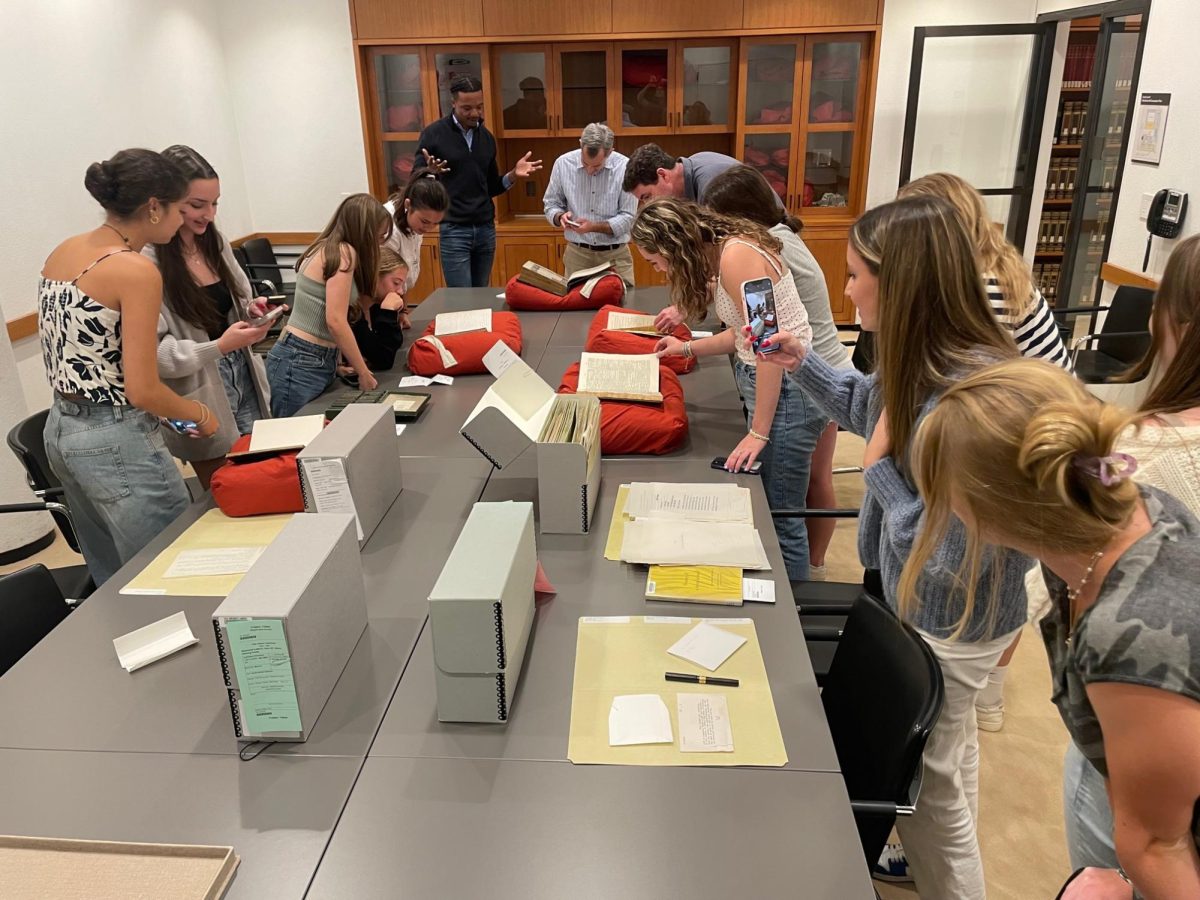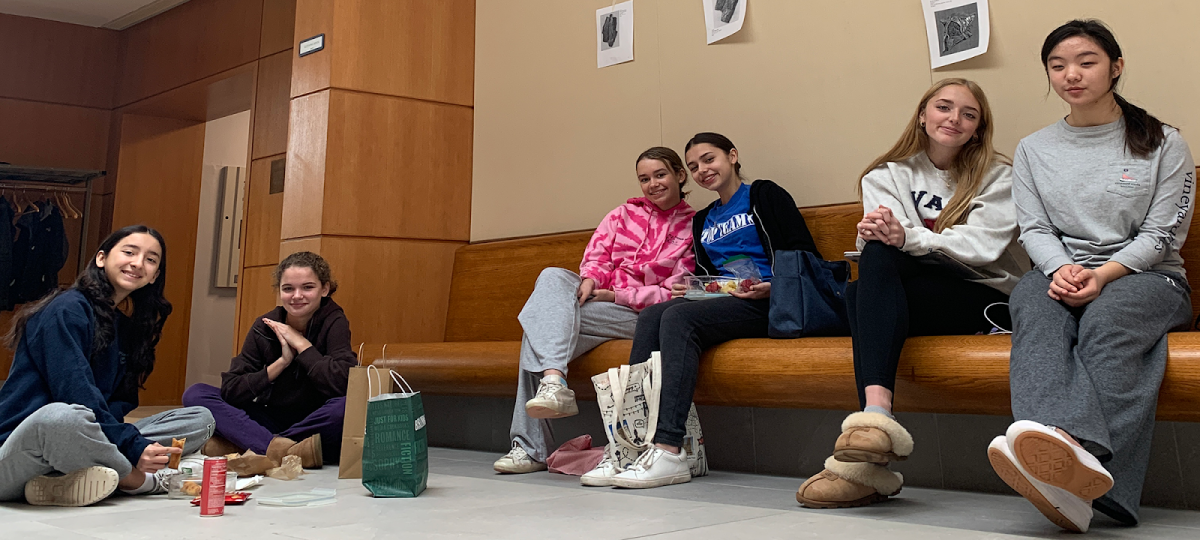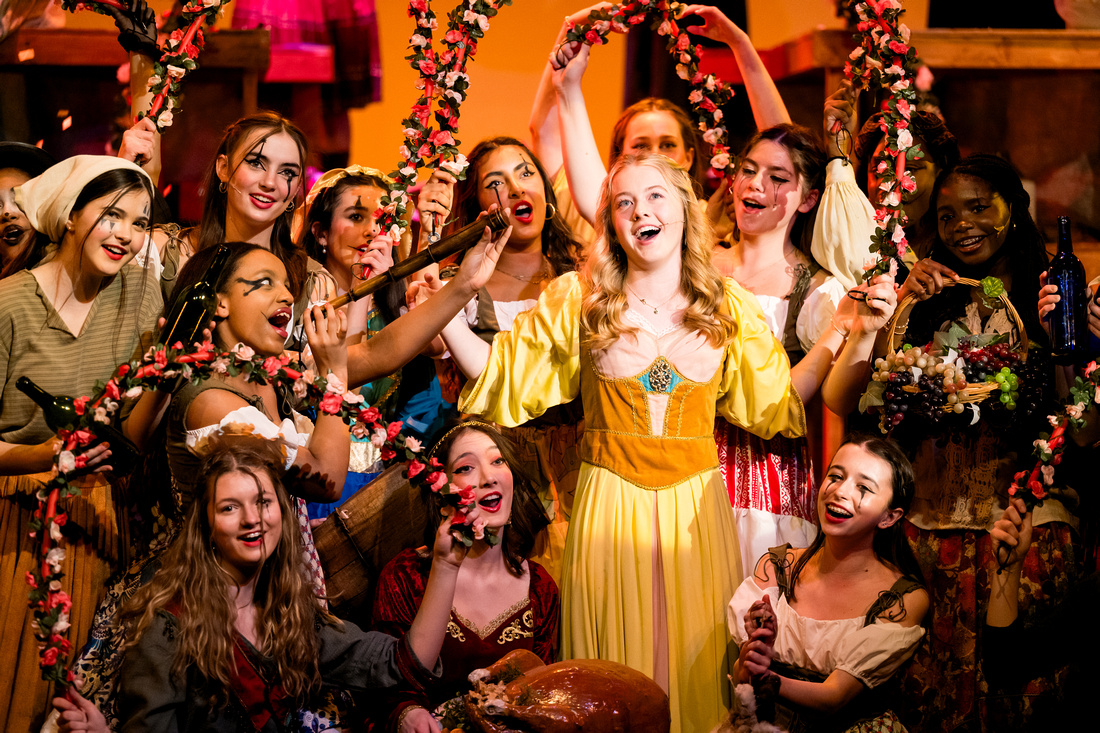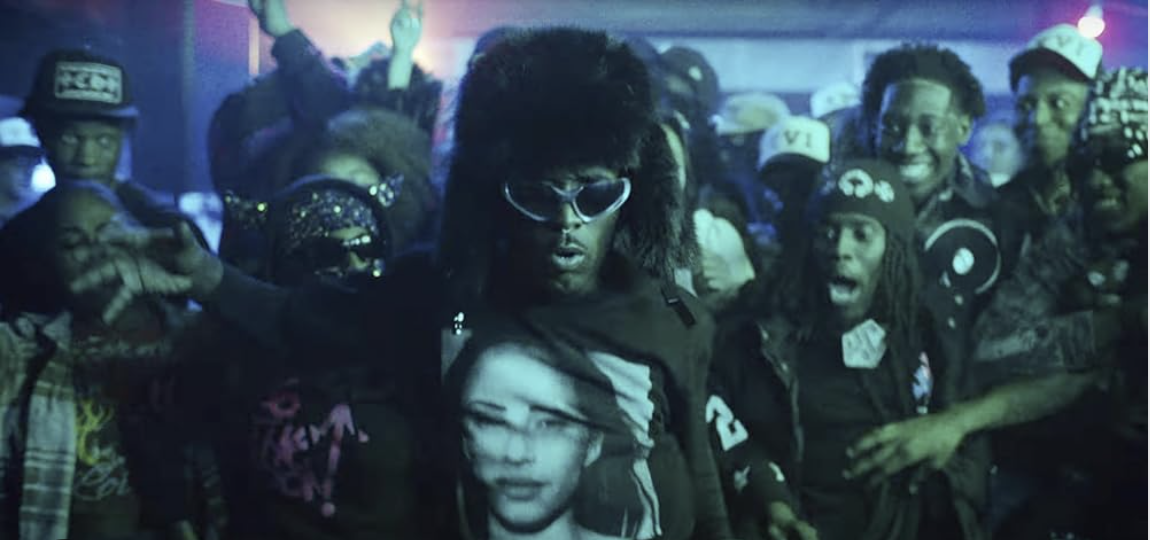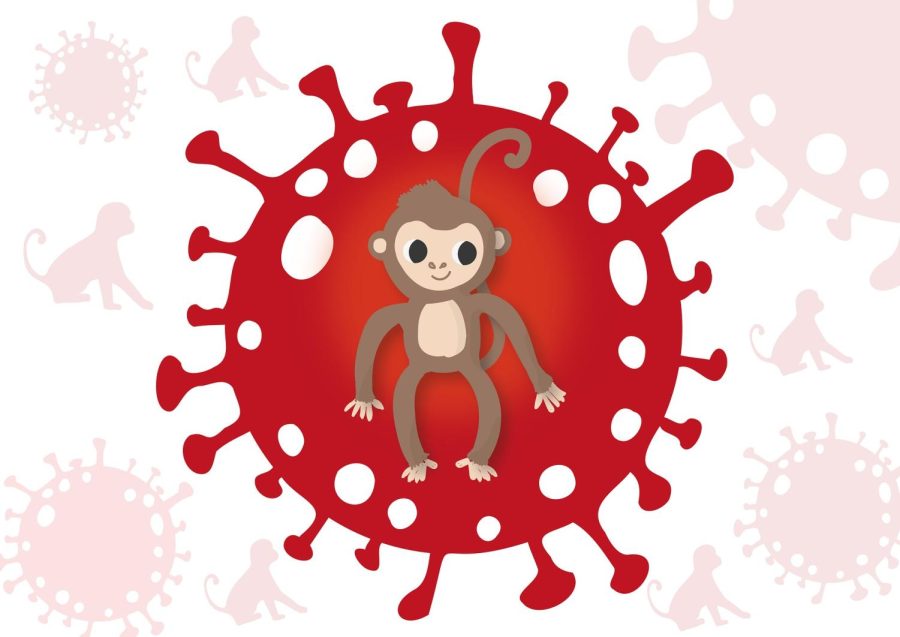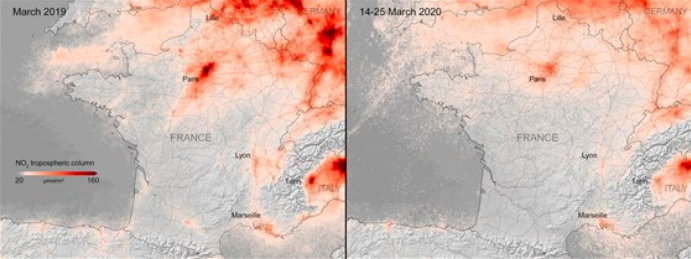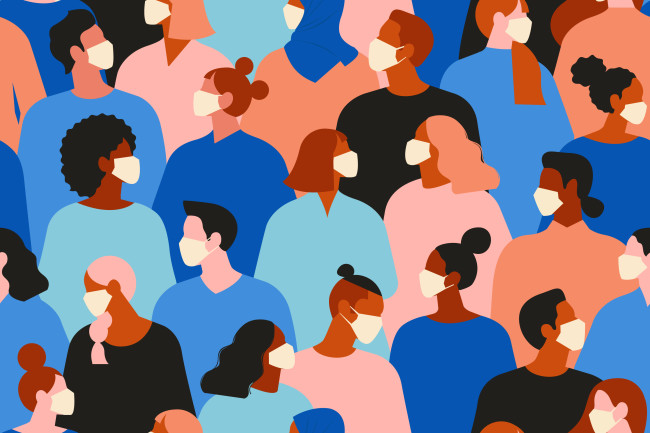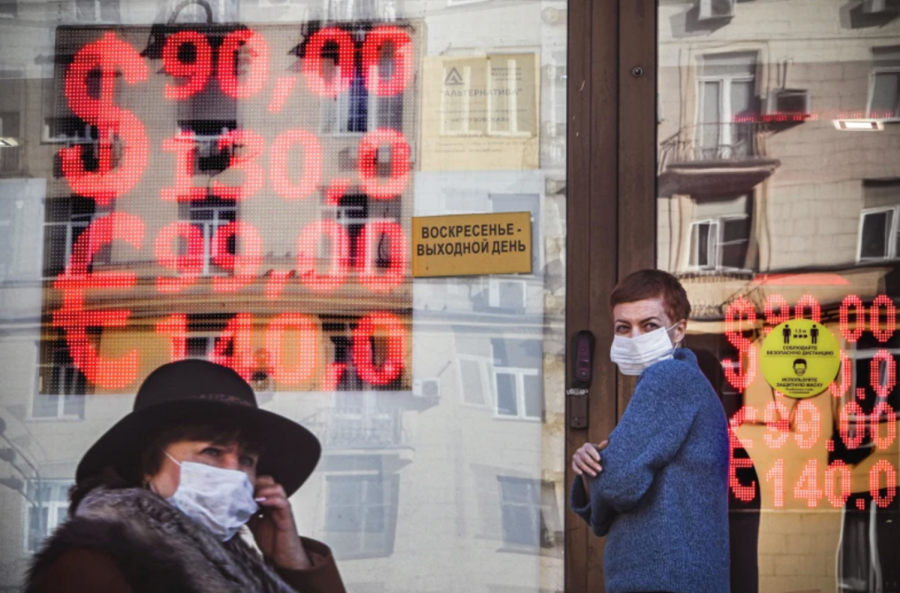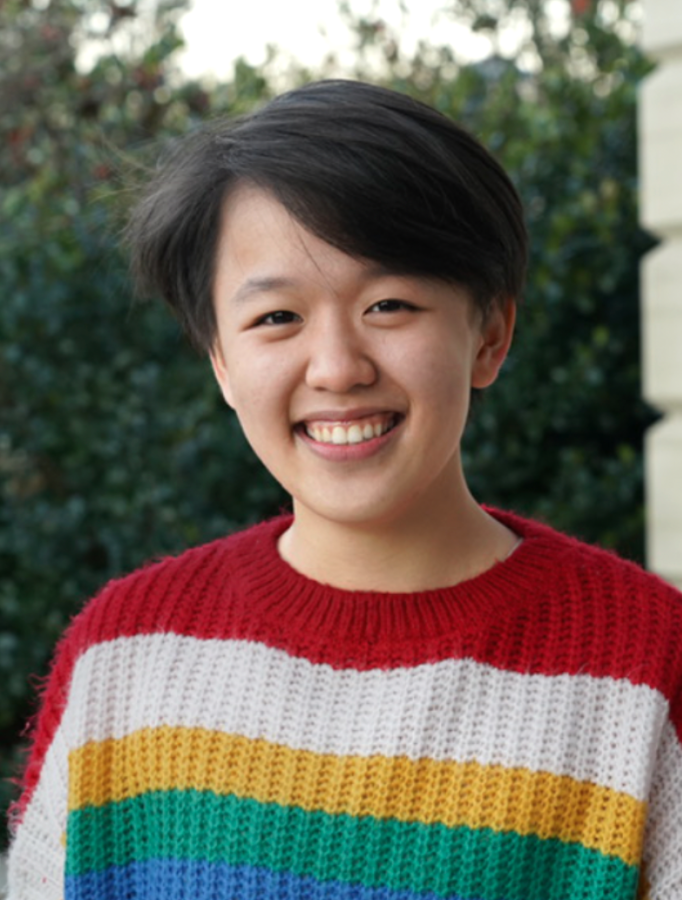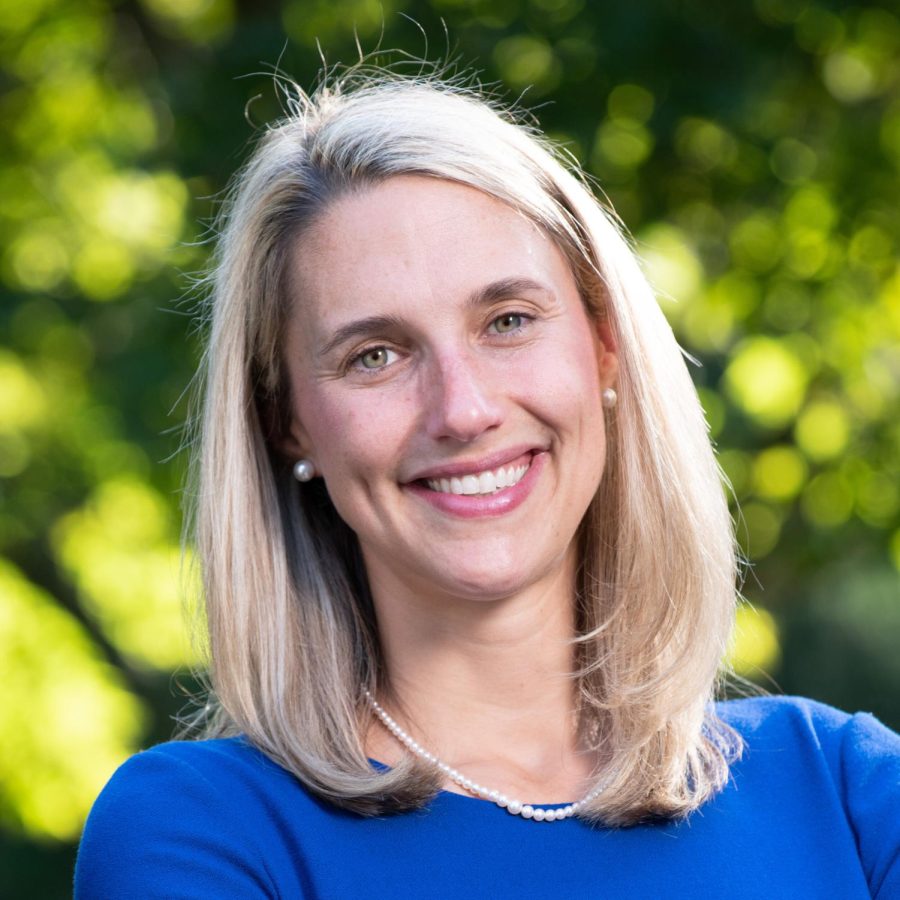 Going to school in Greenwich, Connecticut, we as students have so many advantages that we often forget to appreciate. We have the privilege of having small classes, and therefore knowing a majority of students in our school.
Going to school in Greenwich, Connecticut, we as students have so many advantages that we often forget to appreciate. We have the privilege of having small classes, and therefore knowing a majority of students in our school.
Most of us have the privilege of owning one of the latest smartphones, giving us the power to communicate with one another practically whenever we want. With regard to Yik Yak, these privileges were abused by students of Greenwich Academy and Brunswick alike.
In a community where we have so many opportunities to strive “toward the building of character” and to inculcate into ourselves the values of “courage, honor, truth,” these values may have been lost as we, like many other teenagers across the country, participated in the usage of this app.
The comments on the app within a ten mile radius of our school included verbal abuse, sexual harassment, and racist as well as sexist remarks. On March 11th, GA administrators contacted the company of the app-makers and had Yik Yak shut down within this area.
Although there has been controversy over the right that students have to accessibility, it is no doubt that the removal of this app has only reaped benefits and not been detrimental. Mr. Tom Sullivan, the head of the Upper School at Greenwich Academy, agreed that “people have rights, but those rights stop at a certain point.”
Thomas Philip, the head of Brunswick’s Upper School, also stated his belief that “no one has the right to gratuitously insult or hurt another. As educators, anything we can do to prevent the use of social media in our communities as a platform for hurt, we should do.”
Although the incident was quelled fairly quickly, an emphasis was put on making sure that perpetrators were not left thinking that it was all taken lightly. Administrators made sure that students were held accountable for their actions, especially so that they were not encouraged to proceed with the same behavior in the future.
However, it is not fair to focus only on students posting and soliciting comments; the spectators are accountable as well. Students who contributed to liking, and even reading and discussing comments, perpetuated the negative effects of Yik Yak and made them even more present in our community.
As far as enforcing a cell phone policy in order to prevent situations like this from happening in the future, both Greenwich Academy and Brunswick heads are unsure as to whether this would be an appropriate and/or effective solution.
“I think that we would have to have a discussion as a community about enforcing a cell phone policy,” suggests Sullivan. When asked about enforcing a cell phone policy, Philip replied, “cell phones are ubiquitous in our society and have an overwhelmingly legitimate purpose for communication between parents and students and even for emergency contact. Banning cellphones is unrealistic and, perhaps, illegal. A better solution, in my view, is to work for success in our ongoing quest to educate all in our community about the need to respect the feelings and rights of others.”
The consensus seems to be that with cell phones, it is up to students to decide how they will use them, and hopefully these choices, and the ways in which we communicate with one another in general, reflect our deference.
“We don’t have, and we don’t need a heavy enforcement/surveillance culture at our schools,” says Sullivan. “I like the amount of trust that the schools give, and [at Greenwich Academy and Brunswick] we are lucky enough to have good kids,” says Sullivan, emphasizing that the incident was not representative of the nature of our students.
“This was an acute and really upsetting moment, but happily the community was able to end it. Overall [Yik Yak] invited and magnified a small strain of unkindness that exists in high school populations anywhere,” Sullivan said.
Incidents such as this one, that may be common occurrences in other communities, are very rare at GA and Brunswick. But this does not mean that we are off the hook. Yik Yak demonstrated one very clear side of what anonymity invites.
Anonymity was in fact the focus of Philosophy Club the week Yik Yak was shut down. Philosophy club, run by Grant MacFaddin, XI, experienced a high turnout (about ten people) that week, probably due to the relevance of the topic.
“There were multiple different viewpoints on the entire subject of Yik Yak,” said MacFaddin, “but there was a general consensus that when it is used to gang up on one person to viciously tear them down that such an affront to someone’s person removes any right people have to be shielded by anonymity.”
Yet, conversely, there are certainly productive ways when we use anonymity, like when we take a vote, as Mr. Sullivan mentioned, or when donating an anonymous gift to a shelter, as Mr. Philip similarly brought up. In general, both students and faculty seemed to agree that whether with regard to anonymity, technology, or tradition, there are ways for people to be steered toward their best and their worst selves.
MacFaddin’s personal opinion about Yik Yak is that “it’s a piece of software that, though it may have positive uses, facilitates cowardly and shameful actions, especially when used in a high school setting where people are still learning how to act in society.”
And if the sentiments present at Philosophy Club are in fact representative of the general student body, students at our school “may have found it funny at first, but as the week progressed they became more and more repulsed by the manner in which people were acting.” MacFaddin said.
